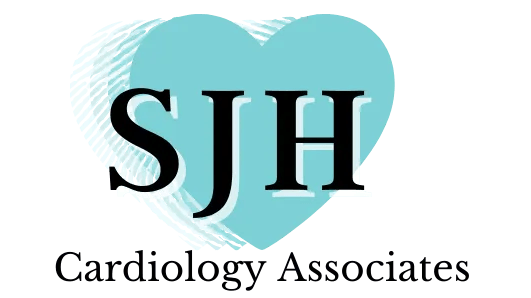Am I Having a Heart Attack?
How to Know If You're Experiencing a Heart Attack
Many of us are entering the period of our lives when we start thinking more about our health (or at least hopefully we do), and start noticing more the messages are bodies sometimes try to send us. One of the most challenging problems, both for the layman and the doctor, is to know when those messages are warning of a heart attack or an impending heart attack. Oftentimes we will hear of a friend or relative who had “the big one,” seemingly out of the blue, without any warning or symptoms beforehand. Unfortunately, that in fact is hardly ever the case, and using the “retrospectroscope” you will often see that the individual was having symptoms that were either ignored or attributed to something else, like “getting older.”
So, what are the symptoms of a heart attack, or the warning signs that one may be in your future?
In twenty years of practicing cardiology, I can tell you there are almost as many different presentations as there are people, but there are some common patterns. Frequently, people will note that they have been feeling unusually fatigued or tired lately – more so than they ordinarily would expect. Often there is some form of chest discomfort – but it can frequently be a challenge for them to describe – it can be a sense of heaviness or pressure, sometimes a dull ache, sometimes even burning like heartburn. It can be in the center, the left chest, sometimes even the back. Sometimes people will notice an ache in the jaw or neck that they attribute to arthritis or a toothache. Sometimes they only notice getting out of breath or tiring more easily. However, the common thread is that the symptoms are usually related to exertion, and usually relieved by rest. So, if you are experiencing heartburn whenever you climb stairs, or mow the lawn – the chances are it’s not heartburn! It’s likely angina.
Angina is the 25 cent Latin word we use to describe the chest discomfort associated with coronary disease, and it’s a warning that you are at risk for a heart attack.
What are the symptoms of a heart attack?
Frequently, they are similar to angina. However, they often are more severe or intense, and unlike angina, do not usually go away with rest. Also, the person having a heart attack may have other symptoms as well. It’s not unusual to experience shortness of breath, cold sweats, nausea – sometimes vomiting, dizziness, palpitations (a sense of the heart skipping or beating fast in the chest), and even a sense of panic or impending doom. How do you know if the symptoms you are having are a heart attack? You don’t – sometimes it’s even a challenge for the doctor to determine if it’s bad arteries or a bad burrito. The bottom line is, when you’re having symptoms like those above, there is no such thing as crying wolf. You have only one heart to last you a lifetime, and you should get yourself checked out ASAP. And don’t wait till the next day or the morning –do it right away. No medical professional will ever second guess you for wanting to get yourself evaluated for chest discomfort of any kind.
Who is at risk for angina or a heart attack?
While it can happen to anyone, there are certain risk factors that can significantly increase your risk over time. Some you can’t do anything about, most you can. The more risk factors you have, the greater your risk over time of having a problem.
Coronary Disease Risk Factors
- MALE GENDER (sorry guys)
- OVER AGE 40
- HIGH CHOLESTEROL
- FAMILY HISTORY OF CORONARY DISEASE (in parents, siblings, or even children)
- SMOKING
- HIGH BLOOD PRESSURE
- DIABETES
Four or more risk factors put you in a HIGH RISK category.
Symptoms of Angina
- CHEST HEAVINESS, PRESSURE, ACHING, BURNING – USUALLY WITH EXERTION
- EXERTIONAL ARM, NECK, OR JAW DISCOMFORT
- INCREASED EXERTIONAL SHORTNESS OF BREATH
- UNUSUAL INCREASE IN FATGUE
Symptoms of Heart Attack
- CHEST HEAVINESS, ACHING, BURNING, PRESSURE, ETC – LONGER THAN 5-10 MINUTES, GENERALLY NOT RELIEVED BY REST
- MAY HAVE ARM, JAW, NECK, OR BACK DISCOMFORT AS WELL OR ALONE
- MAY BREAK INTO A COLD SWEAT
- MAY BE SHORT OF BREATH AS WELL OR ALONE
- MAY HAVE ASSOCIATED NAUSEA OR VOMITING
- MAY HAVE PALPITATIONS

All Rights Reserved | SJH Cardiology Associates
